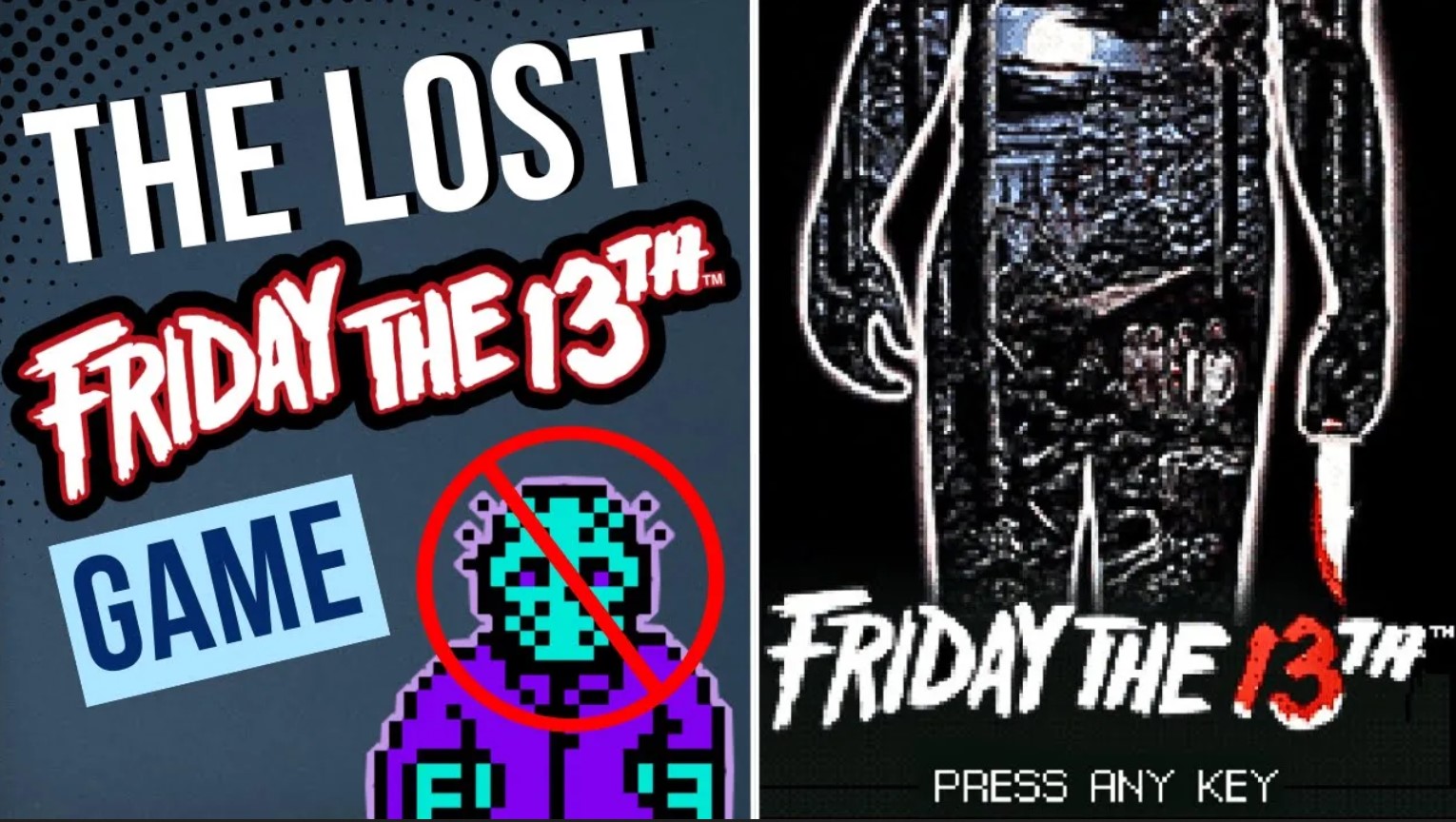On September 20, 2004 – just a little over ten years ago – Green Day’s seventh studio album American Idiot was released. Since then, the album has become a staple of the modern musical landscape, even being adapted into a Broadway musical in 2013. I won’t go so far as to call the album divisive, because it’s almost universally liked, but it does have its detractors. Like it or not, American Idiot was one of this generation’s first “classic” albums, alongside works like Radiohead’s Kid A, Kanye West’s My Beautiful Dark Twisted Fantasy, and Arcade Fire’s Funeral. It was a huge step forward for Green Day, a trio of snot-nosed punks from Berkeley who once released a fantastic album called Dookie. So how does it sound ten years on?
First of all, full disclosure: I am an enormous Green Day fan. The first concert I ever went to was Green Day at the Palace (now the Avalon) while they were on tour supporting Nimrod. When my dad worked on The Tonight Show with Jay Leno, he would occasionally pull my brother and I out of school early so we could watch the sound check of bands we like; afterwards we’d get to meet them, and once again Green Day was first. This was a huge deal for me, because “Basket Case” is the first song I ever regarded as my favorite. But I had nothing to worry about – Green Day are fucking cool. Very nice guys. When The Tonight Show got a new stage manager, my dad was no longer allowed to bring us to sound checks; one time he showed up to the stage and Green Day’s drummer, Tre Cool, looked at him and asked, “Where’s your kids?” Then they sent home a bunch of autographed stuff for us. So yes, I’m in the tank for this band, but I’ll try my damndest to be objective.
To wit: when American Idiot first came out I didn’t care for it. I didn’t like that Green Day had softened with Warning, and I didn’t like that they’d gotten political seemingly overnight. Moreover, I didn’t like the fact that they would never record another song as cool, funny, or perfect as “The Grouch,” off of Nimrod:
“The world owes me, so fuck you” – how amazing is that lyric? And now here’s Green Day spewing words like “Don’t wanna be an American idiot,” and it rang hollow to me. So I put the album out of my mind until a few years ago, when I heard “Jesus of Suburbia” in its entirety on the radio, and I resolved to give it another shot.
I’ve been listening to American Idiot on almost a continuous loop in order to prepare for writing this article. It holds up beautifully. The opening track, “American Idiot,” is one of the most radio-friendly on the album, but also one of the most barbrous.
Billie Joe Armstrong’s lyrics convey a sarcastic cynicism seldom heard since Pink Floyd’s Animals in 1977. Look at the second verse:
Well maybe I’m the faggot, America
Another part of the redneck agenda
Now everybody do the propaganda
And sing along in the age of paranoia
While Armstrong’s lyrics can veer towards the platitudinous (“Television dreams of tomorrow/We’re not the ones who’re meant to follow” is a fine set of lyrics that means less and less the more you think about it), there’s no denying the passion and conviction in his voice, or in the band’s playing. This is the most awake, the most alive that Green Day has ever sounded, and Tre Cool in particular really taps into his inner Keith Moon. While that might sound like sacrilege to say, I dare you to listen to American Idiot and disagree with me.
If the title track is a good opening salvo, the second song “Jesus of Suburbia” is where Green Day really shows the breadth and scope of their ambition. “Jesus” is nine minutes long, and kicks ass for every second. I’d call it one of the best songs of this century, and I’d say so confidently. I’ll stack “Jesus of Suburbia” against Kanye West’s “Roses,” Bad Religion’s “Sorrow,” Outkast’s “Hey Ya,” and Nick Cave’s “Babe, You Turn Me On.” I spoke earlier of Cool channeling Keith Moon on this album; here is where the entire band channels the Who, most notably “A Quick One, While He’s Away.”
“Jesus of Suburbia” was the song that taught me that my 16-year-old self was wrong about this album. It’s not about politics, not really; it’s about America and Americans, and it’s both a critique and a love letter. There’s a heartbreaking line in “Jesus”: “In a land of make-believe/That don’t believe in me.” That speaks to the disenfranchised and disillusioned, to anyone who feels like their country is leaving them in the lurch. I think a lot of us have felt that way.
“Holiday” and “Boulevard of Broken Dreams” have been on steady radio rotation since 2005, so there’s not much more to say here. They’re both strong songs, even if the former is somewhat marred by a spoken word section (although it does make time for Armstrong to sneer “Kill all the fags that don’t agree!” The man can wield that word well, and get the maximum amount of sarcastic invective out of it).
There’s ostensibly a story to American Idiot, which makes it more of a rock opera than a concept album. It follows Jesus of Suburbia, an antihero presumably based on Armstrong. Later in the narrative we’re introduced to St. Jimmy and Whatsername, who embody the “rage vs. love” themes of the album. Ultimately, Jesus of Suburbia is revealed to be an alter ego of St. Jimmy, and vice versa; he subesequently loses touch with Whatsername (plot desription from Wikipedia).
Songs like the anthemic “Are We the Waiting” and the tender “Give Me Novocaine” really let the band stretch as musicians. Armstrong’s vocals in “Novocaine” are particularly soft and caring, and an ethereal slide guitar subtly alters the timbre of the entire song. In its quiet way, “Novocaine” is one the best songs on the album, aided in no small part by Cool’s bombastic yet tactful drumming.
“Are We the Waiting” and “Give Me Novocaine” give way, respectively, to “St. Jimmy” and “She’s a Rebel” (the character of Whatsername was reportedly inspired by Bikini Kill’s “Rebel Girl,” so the title of “She’s a Rebel” acts as a kind of tribute). Neither song is bad, per se, and they both serve to advance the narrative, but they both tend to be jarring transitions from the preceding songs, and while they might both be more in line with Green Day’s typical ouevre, the listener might find themselves missing the new, instrospective Green Day.
“Homecoming” acts as kind of a companion piece to “Jesus of Suburbia,” both in length (nine minutes) and theme – “Jesus” ends with Armstrong singing “You’re leaving home,” while “Homecoming” ends with “We’re coming home again.” (It even includes an awesomely anachronistic saxophone solo.) I’d argue that while “Jesus” is the more successful of the two songs, but “Homecoming” is certainly more polished: the transitions are smoother, the ambition greater (it even includes tympani and chimes). You can certainly hear the band’s influences more; “Homecoming” pays tribute to the likes of The Who, The Clash, Husker Du, and The Runaways. The standout of “Homecoming” is the “Nobody Likes You” section, written and sung by bassist Mike Dirnt: “Nobody likes you/Everyone left you.” If anyone wondered why men in their 30s felt they had the right to sing about youth in America, the simple brilliance of those lyrics should serve as a pretty convincing case.
On paper, “Homecoming” seems like the perfect closing track, which makes the choice to end the album with “Whatsername” very puzzling. “Whatsername” is a distinctly Weezer-sounding tune, reminiscent of songs from Nimrod like “Scattered” and “Worry Rock.” But after a few listens, it made more and more sense. American Idiot, at its core, isn’t about the grand, sweeping statements; it’s a much more personal album, both for the band and its fans. What “Whatsername” says is that even if the country is going to shit – and American Idiot argues that it definitely is – what you’ll lament most is forgetting the name of a girl.
So is the album perfect? Not at all. It’s damn good, but the narrative is a mess (although considering the authors, one could argue that it’s designed to be a mess). But it’s a classic for a number of reasons. It showed the maturation of some of the elder statesmen of mainstream punk rock, and proved that there was no one better suited to rail against the “subliminal mind-fuck America” of the Bush administration. This was not only the best way for those brats from the Bay to enter adulthood – it was the only way.




